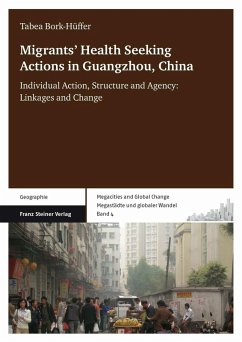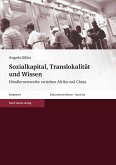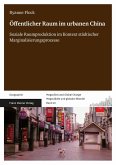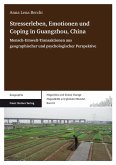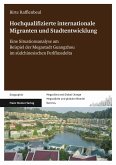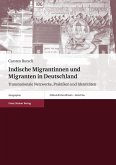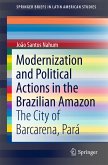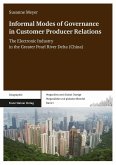The approach is applied to rural-to-urban migrants in Guangzhou, China. Migrants are a new and constantly growing segment of the population that has emerged in Chinese cities since the beginning of the reform era. Their lack of access to health care has resulted in various different alternative health seeking actions. A considerable number of factors that influence health seeking are identified that have not been considered in existing works.
Tabea Bork-Hüffer ist Professorin für Humangeographie an der Universität Innsbruck und arbeitet zu Fragen von Raum und Macht im Kontext von Digitalisierung, (Im-)Mobilitäten, Migrationen und Urbanisierung.
Dieser Download kann aus rechtlichen Gründen nur mit Rechnungsadresse in A, B, BG, CY, CZ, D, DK, EW, E, FIN, F, GR, HR, H, IRL, I, LT, L, LR, M, NL, PL, P, R, S, SLO, SK ausgeliefert werden.

